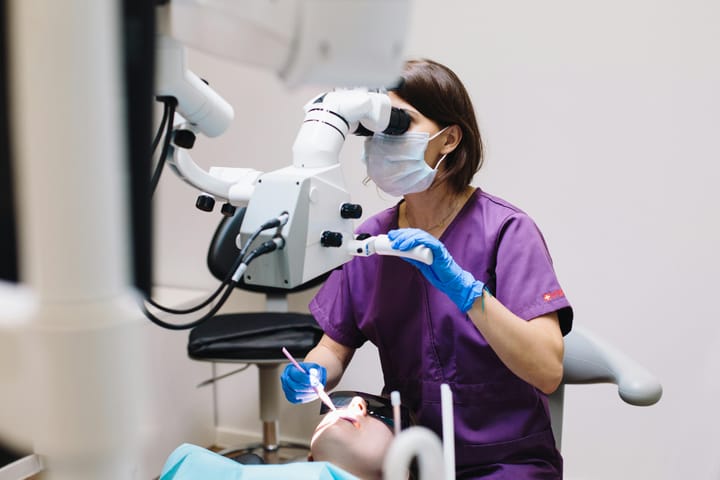Having a strong social support system can help with genetic depression
Can social support help those suffering from genetic depression?

A few minutes every morning is all you need.
Stay up to date on the world's Headlines and Human Stories. It's fun, it's factual, it's fluff-free.
Recently, the University of Michigan published a study that found that having a strong social support system can help people with depression. This might seem obvious, but the study actually examined genetic risk factors in its research.
Major depressive disorder, the most common form of depression, can have genetic and environmental factors. So, having a certain genetic makeup, alongside environmental and other external factors, can raise the risk of someone developing depression.
For example, if you have a relative who had it, you’re more likely to have it because you share similar genes. But it’s not hereditary like other conditions involving a genetic change or mutation. It’s just the interaction of these shared genes that can cause people to be predisposed to getting depressed.
Some people have no history of genetic depression but can still suffer from it because of external factors. And some people become depressed because of a combination of their genetic makeup and what’s going on around them. So when we study how certain environmental factors affect mental health, it can be challenging to factor in that some people are predisposed to depression.
In this new study, though, the University of Michigan researchers asked the question: Can social support help those suffering from genetic depression? And the answer is pretty promising.
The study examined two different groups of people under stress: new doctors in an intense year of training and recently widowed older adults. To measure the genetic risk for depression of their subjects, researchers used a polygenic risk score, which is based on tiny variations in specific genes linked to depression risk.
And they found that the greatest effect of social support was seen in those with the most genetic risk of depression.
Based on the study’s findings, the participants with higher polygenic risk scores had higher rates of depression after losing social support and lower rates of depression when they got more social support during times of high stress.
“We hope these findings, which incorporate genetic risk scores as well as measures of social support and depressive symptoms, illuminate the gene-environment interactions and specifically the importance of social connection in depression risk,” said the study’s first author, Jennifer Cleary, M.S., a psychology doctoral student.
Senior author Srijan Sen, M.D., Ph.D., of the university’s medical school, explained the implications of their findings: “Further understanding the different genetic profiles associated with sensitivity to loss of social support, insufficient sleep, excessive work stress and other risk factors could help us develop personalized guidance for depression prevention.”




Comments ()